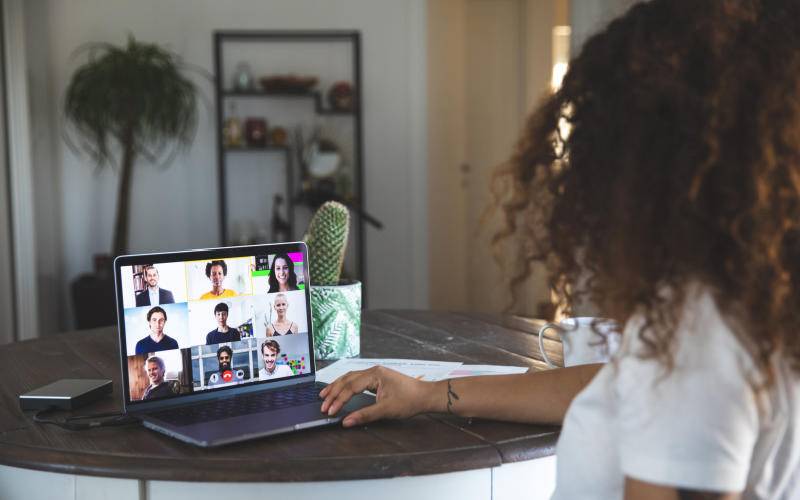×
The Standard e-Paper
Kenya’s Boldest Voice

A woman on a video call.[Getty Images]
Some video conferencing users are complaining of exhaustion after continual online meetings. Alongside Skype, Houseparty and Microsoft Teams, virtual meetings platform Zoom has boomed during the pandemic, growing from 10 million daily meeting participants in December to more than 200 million in March.






